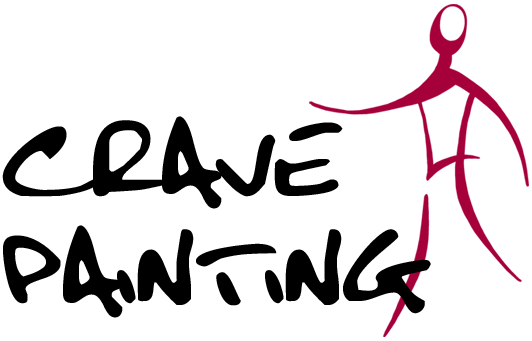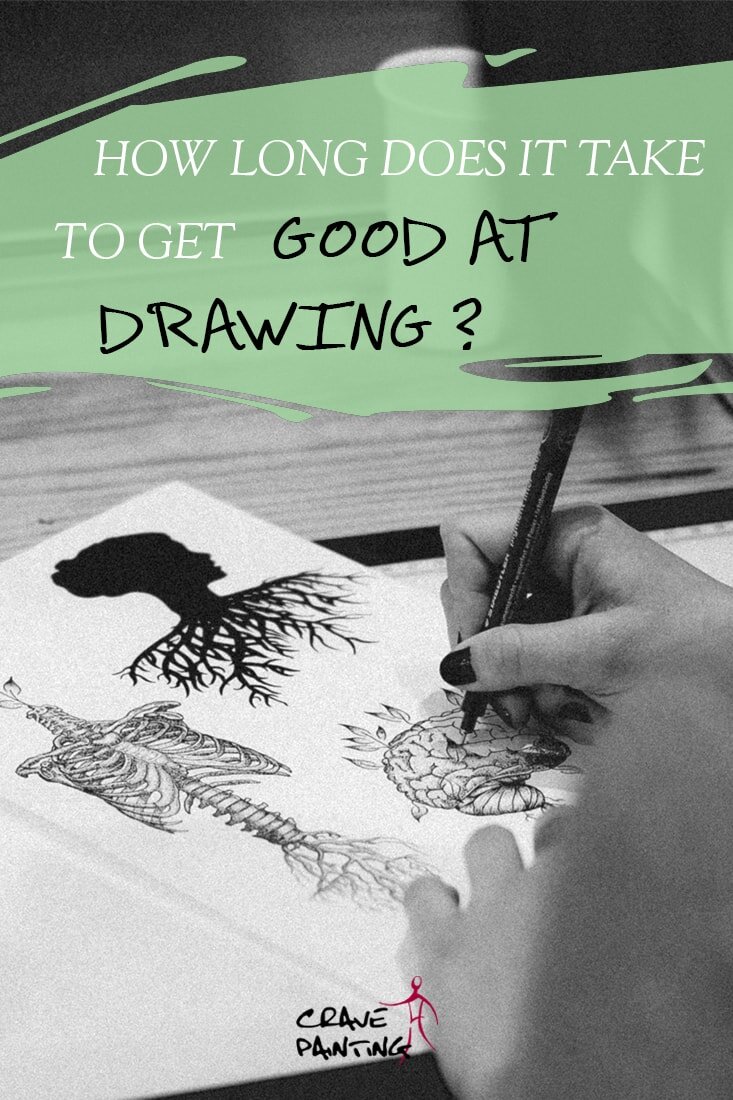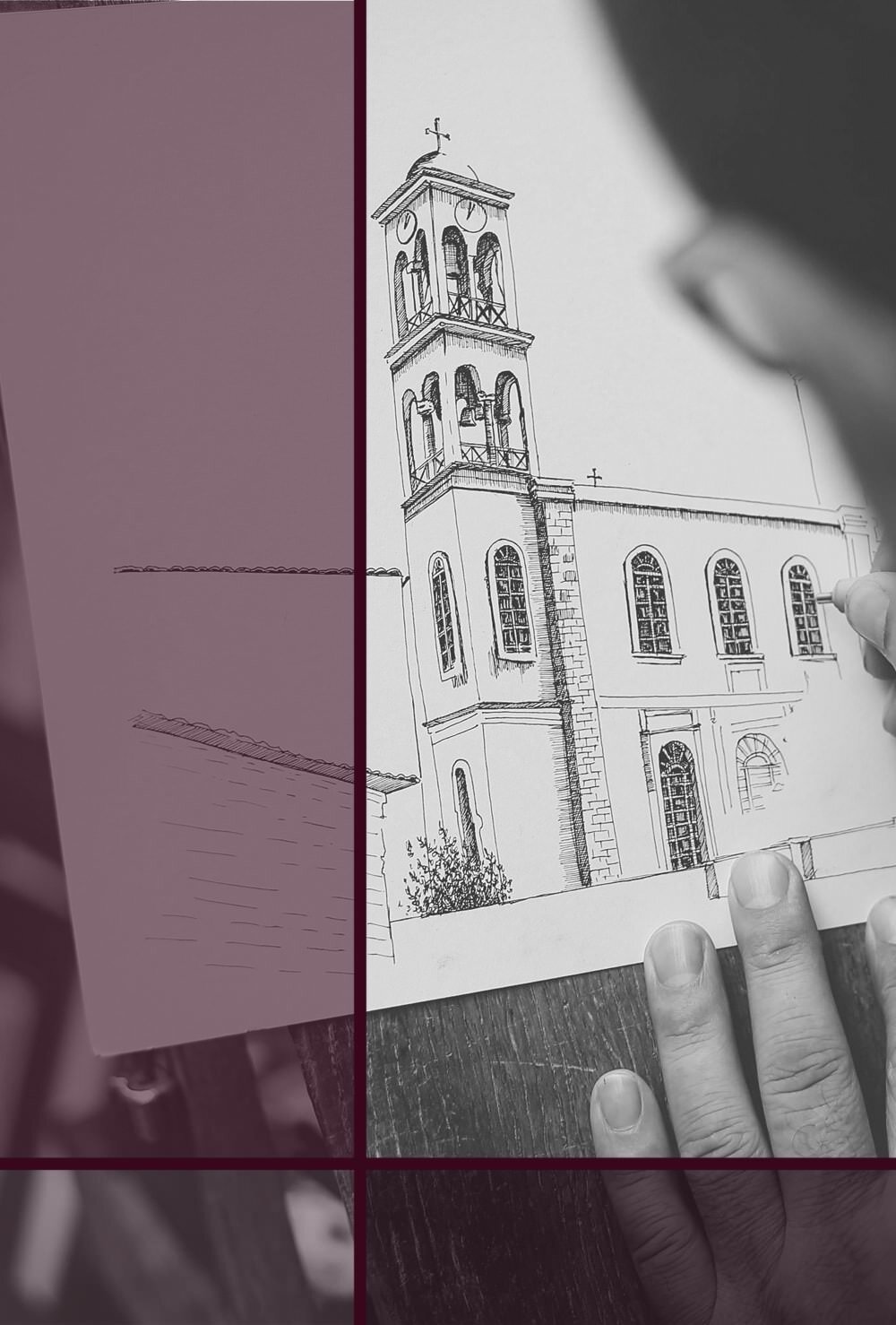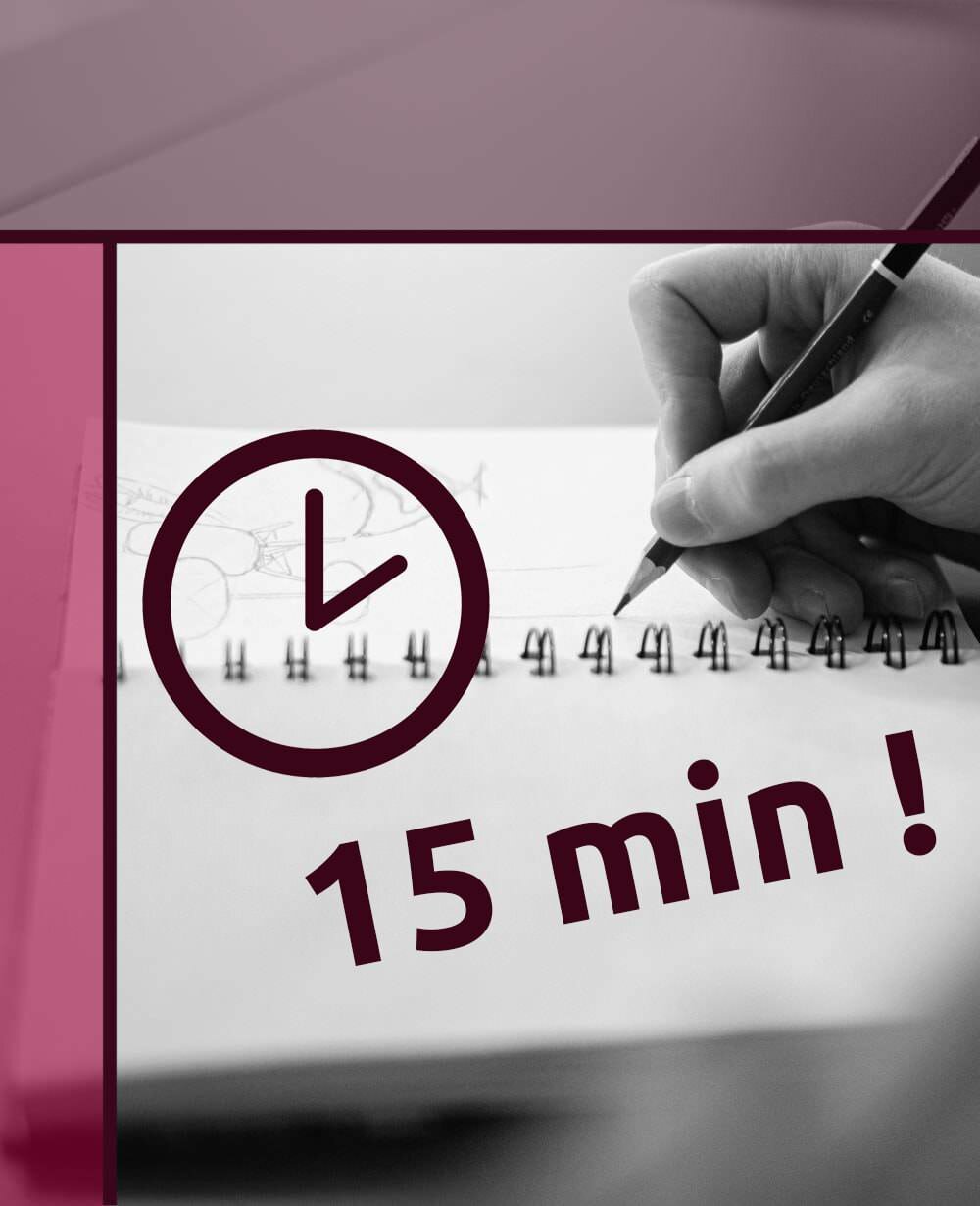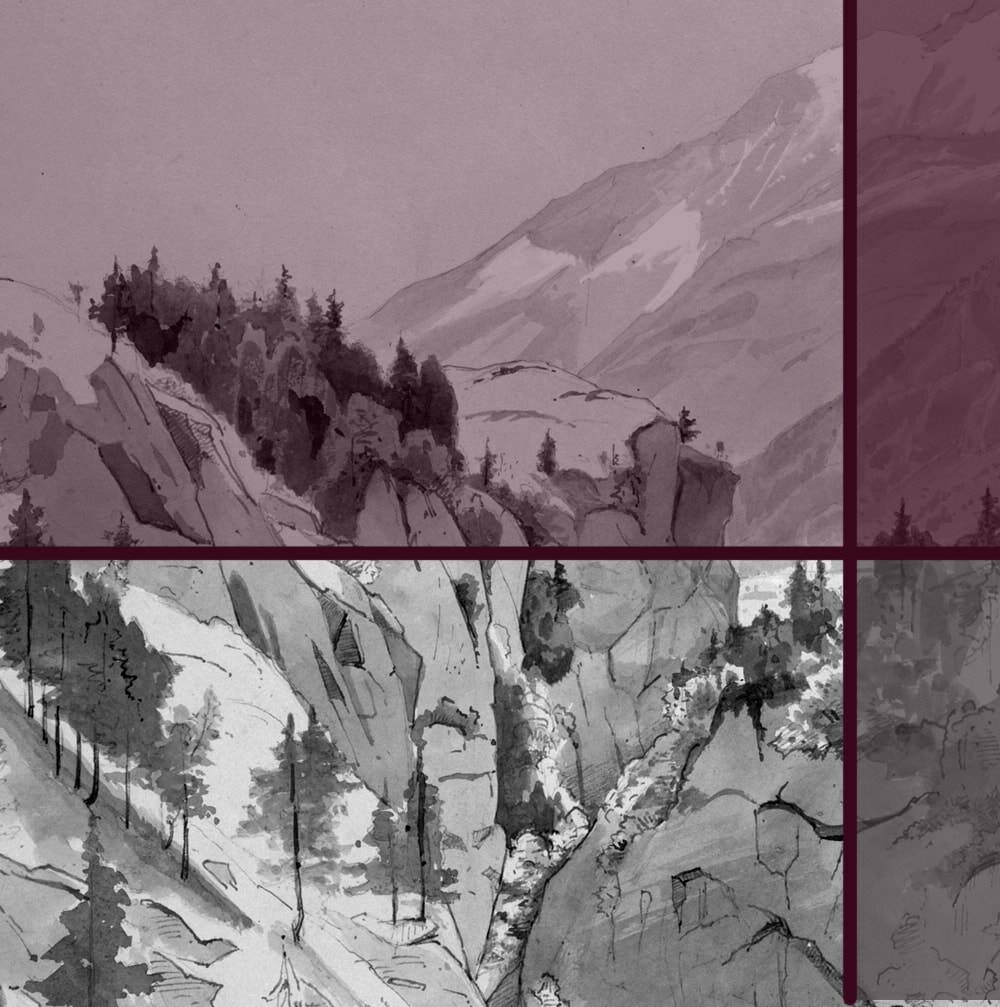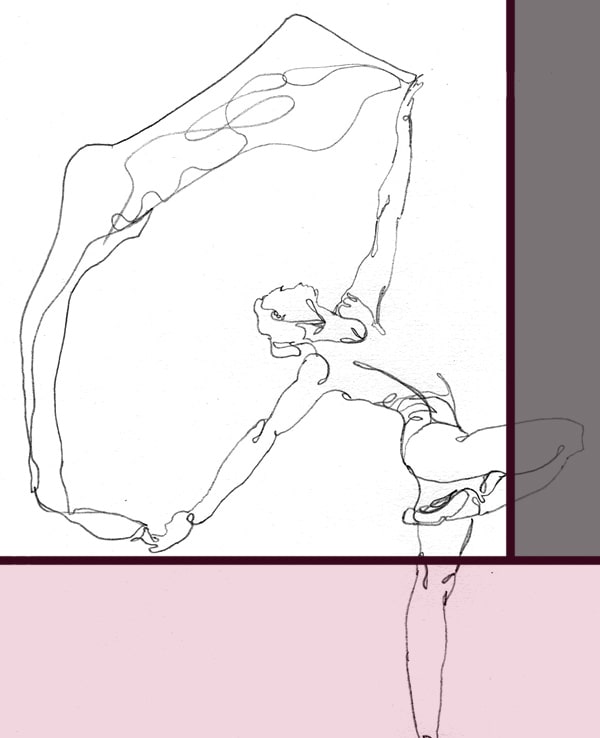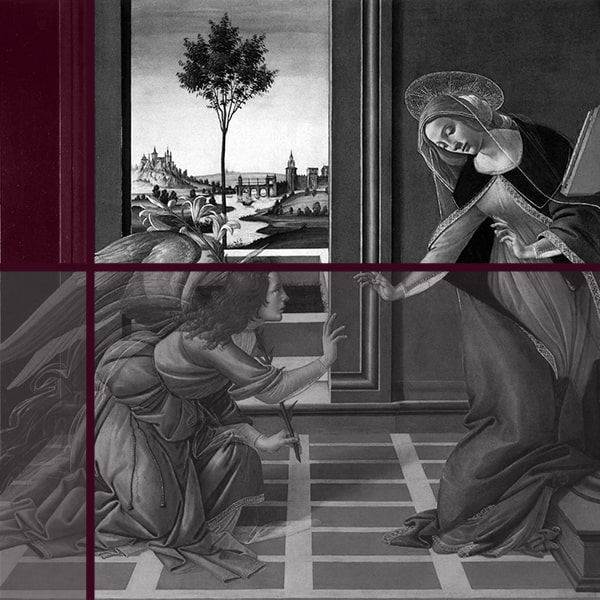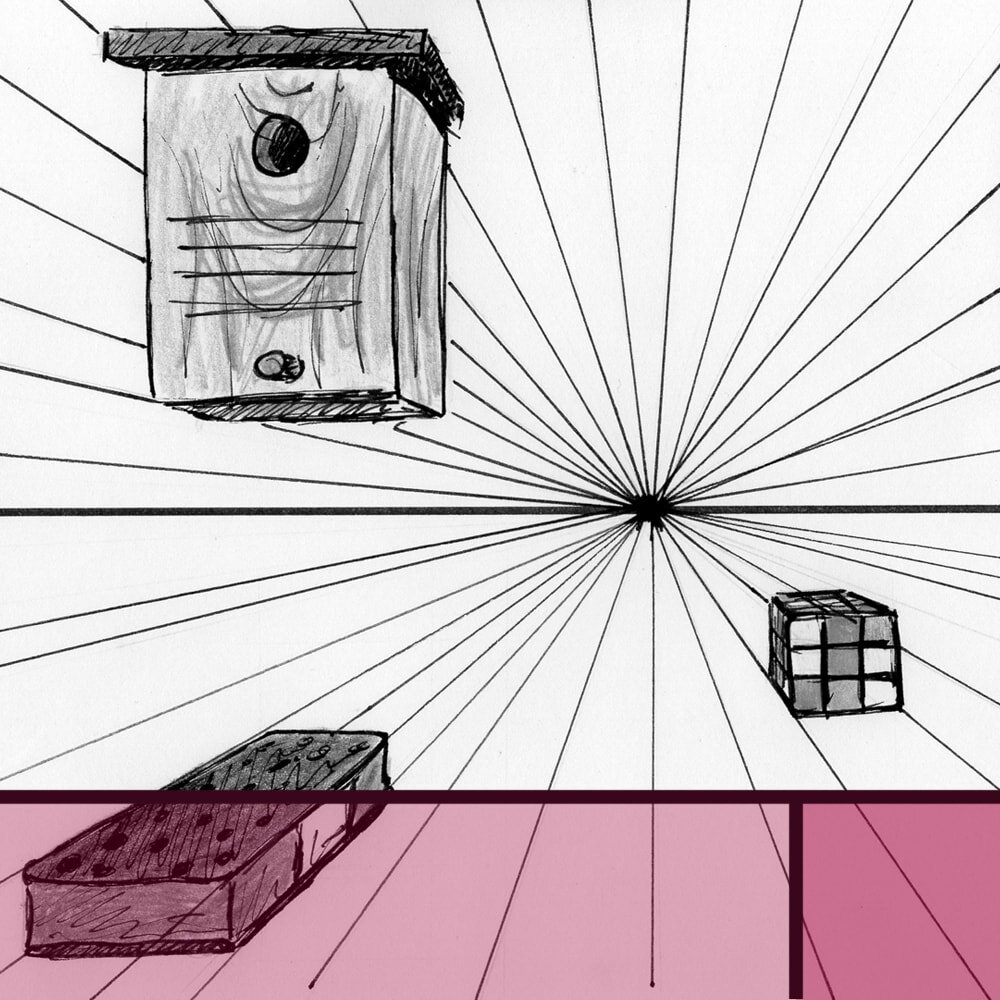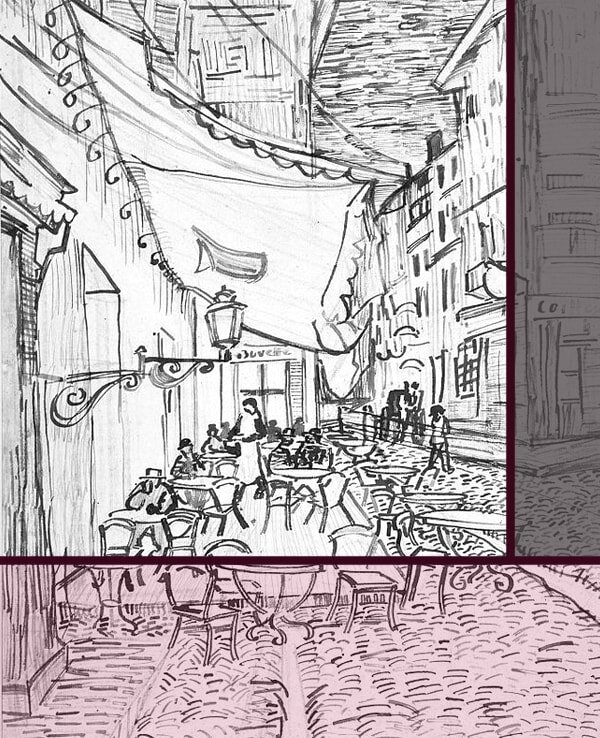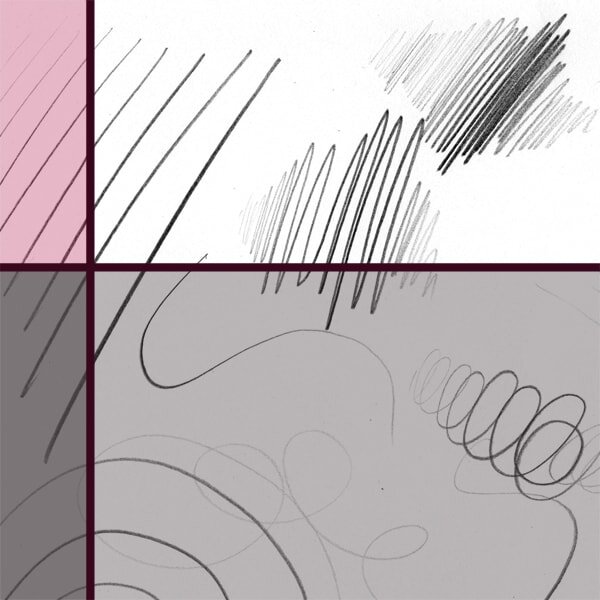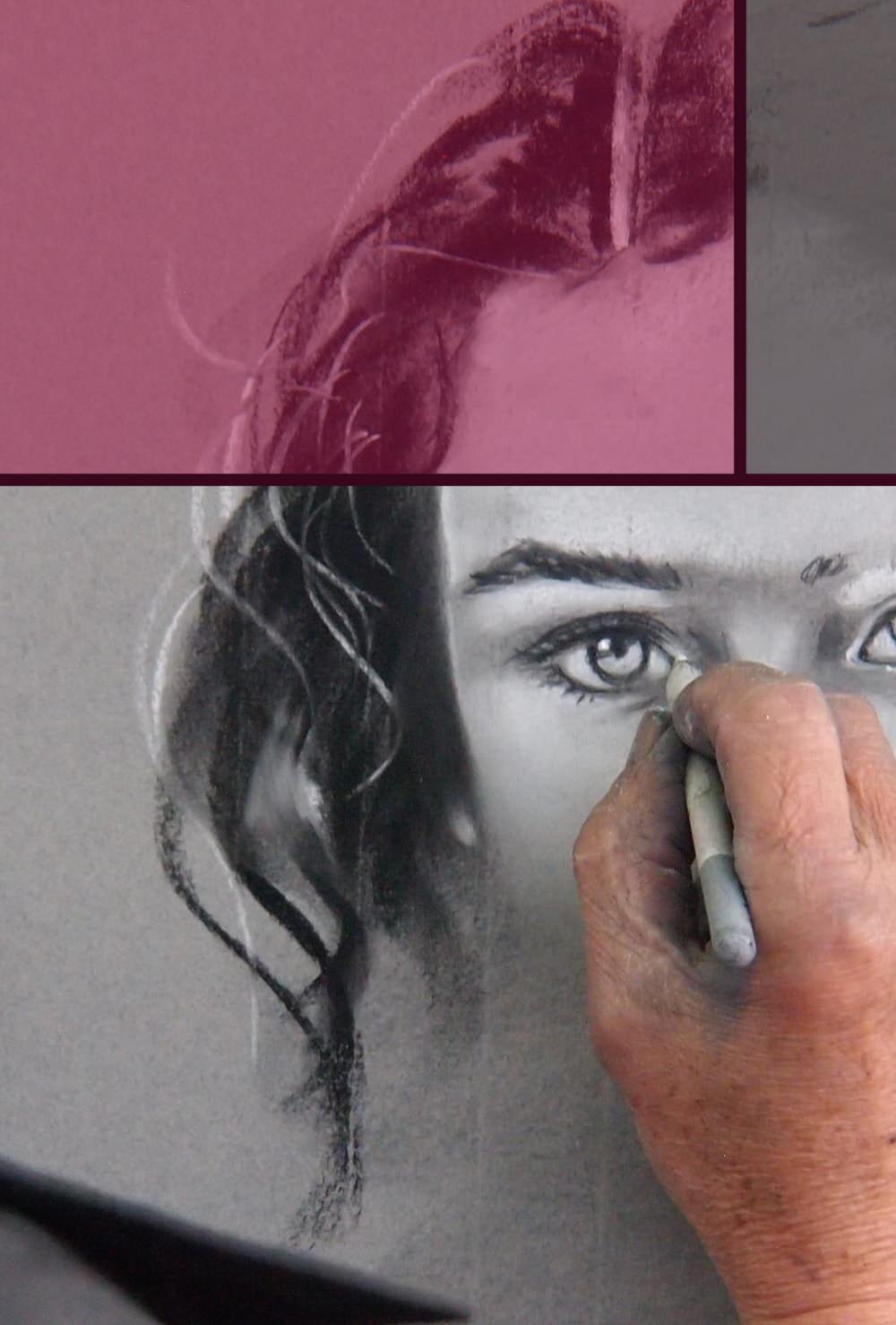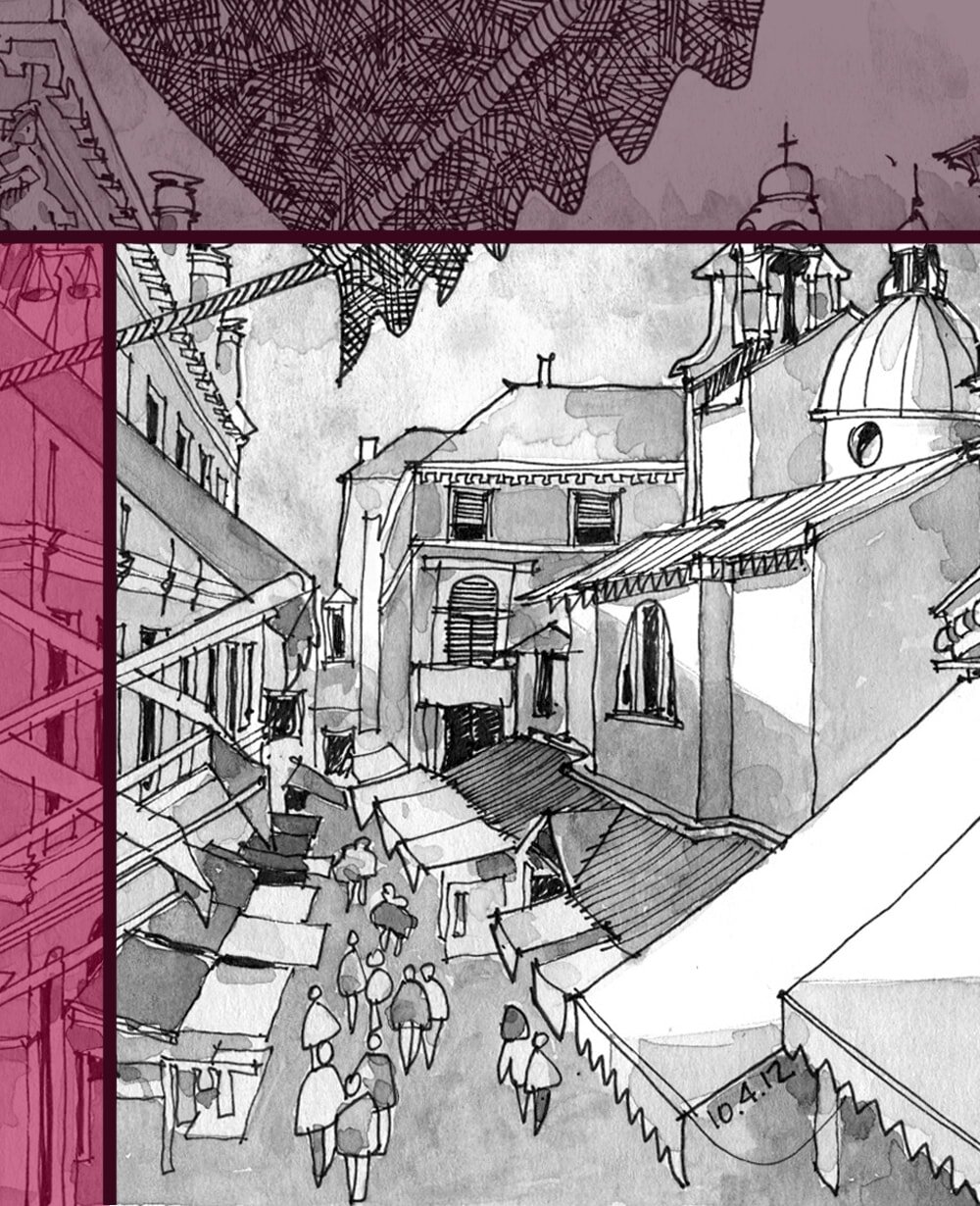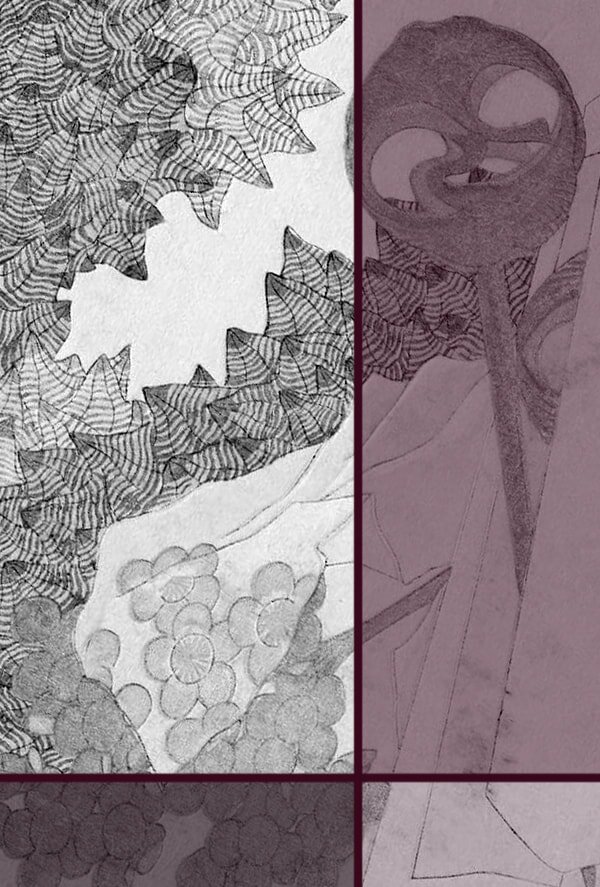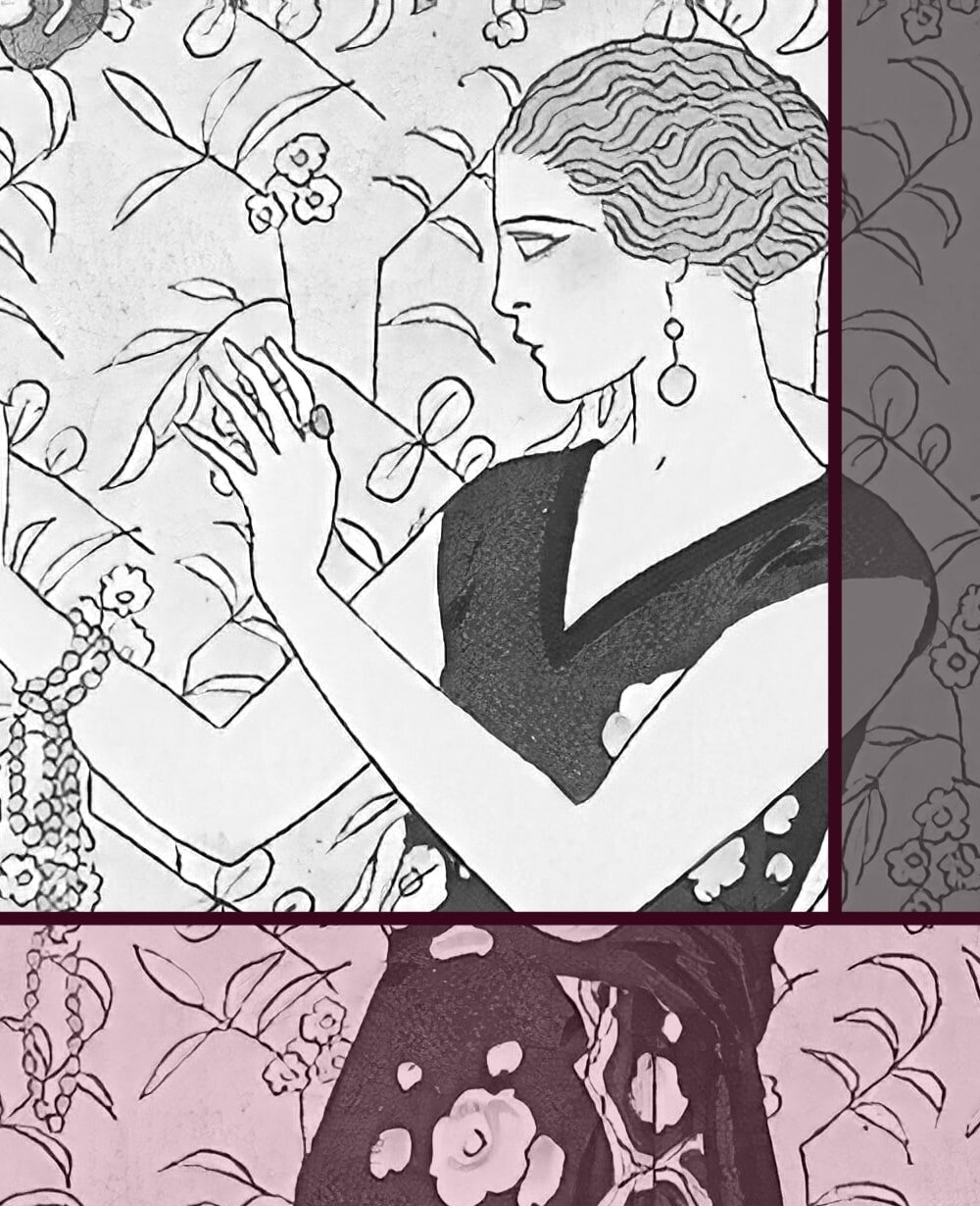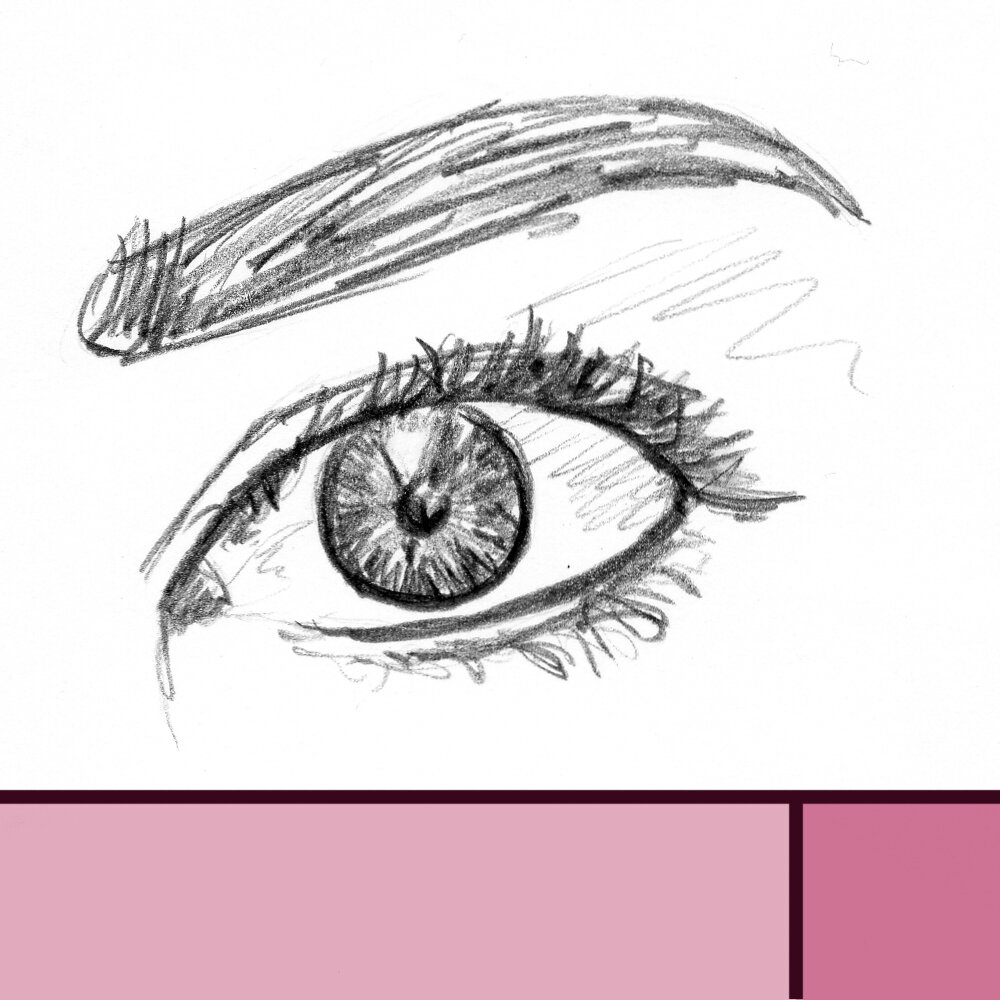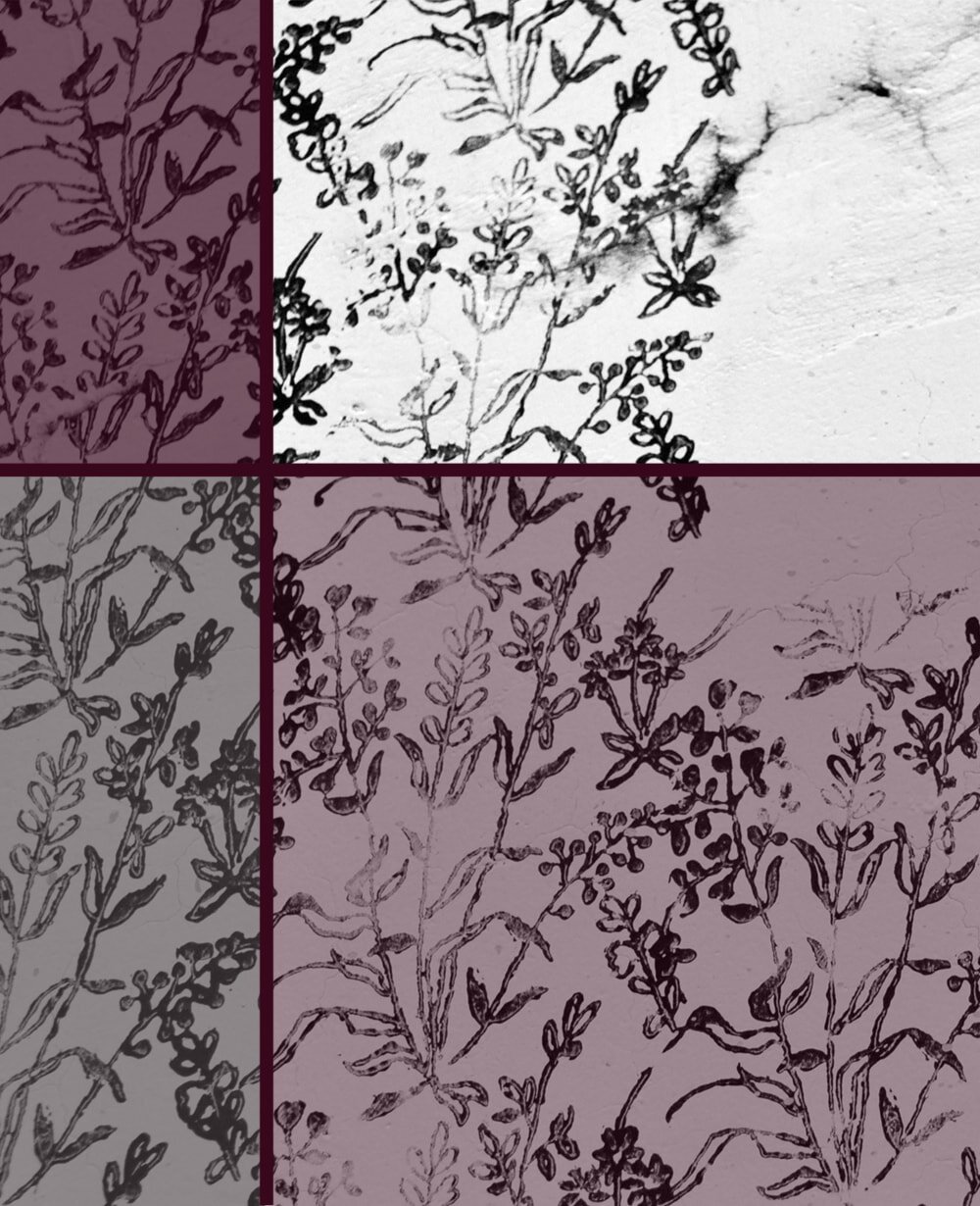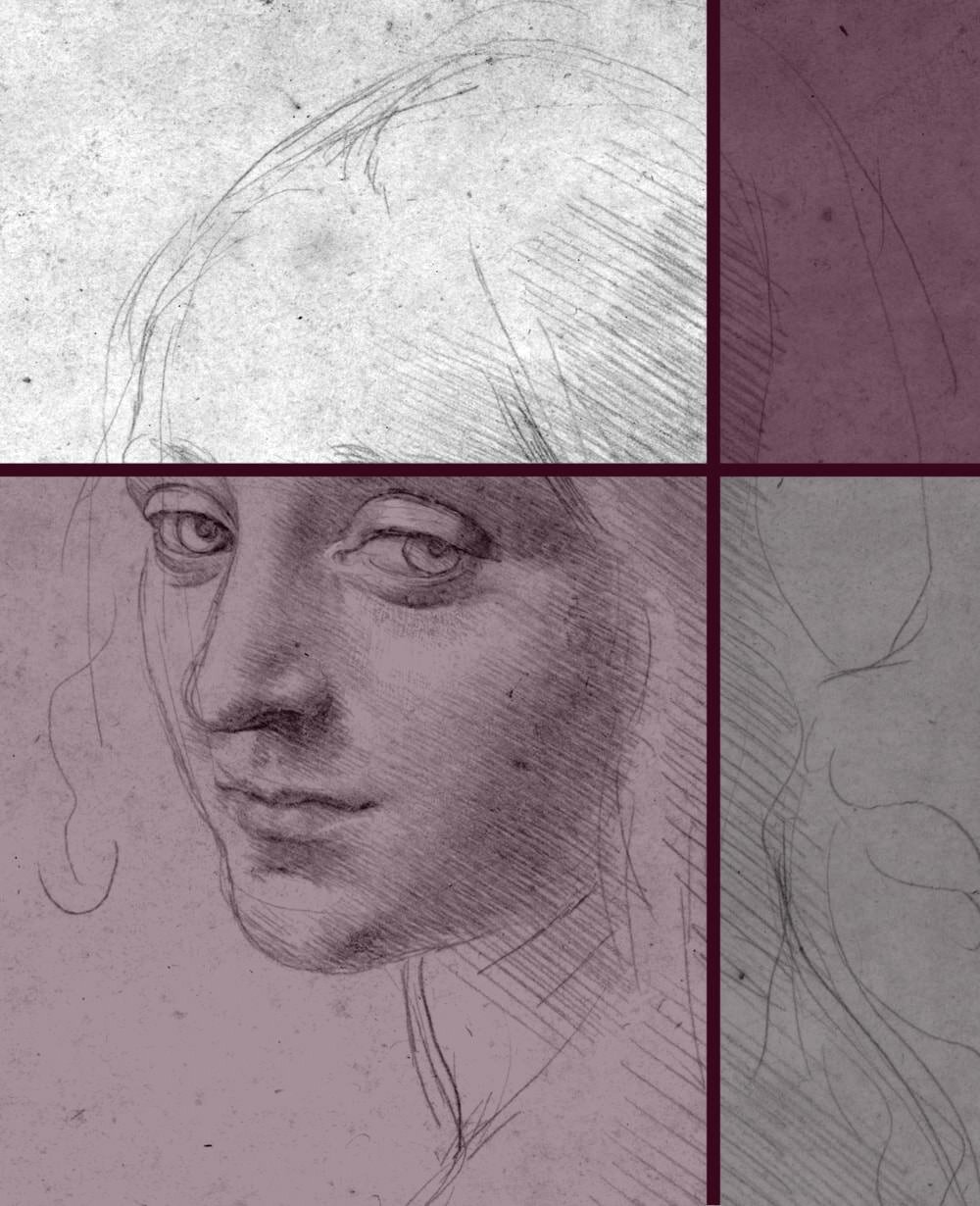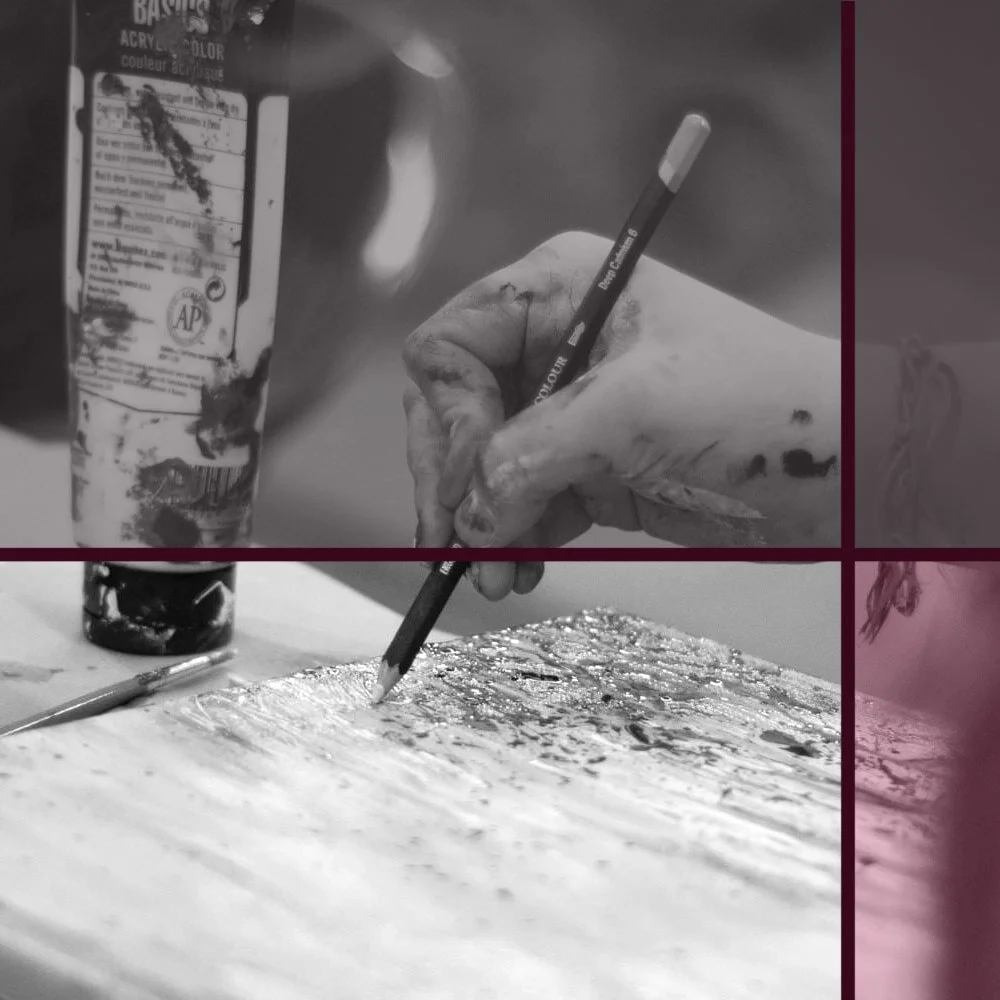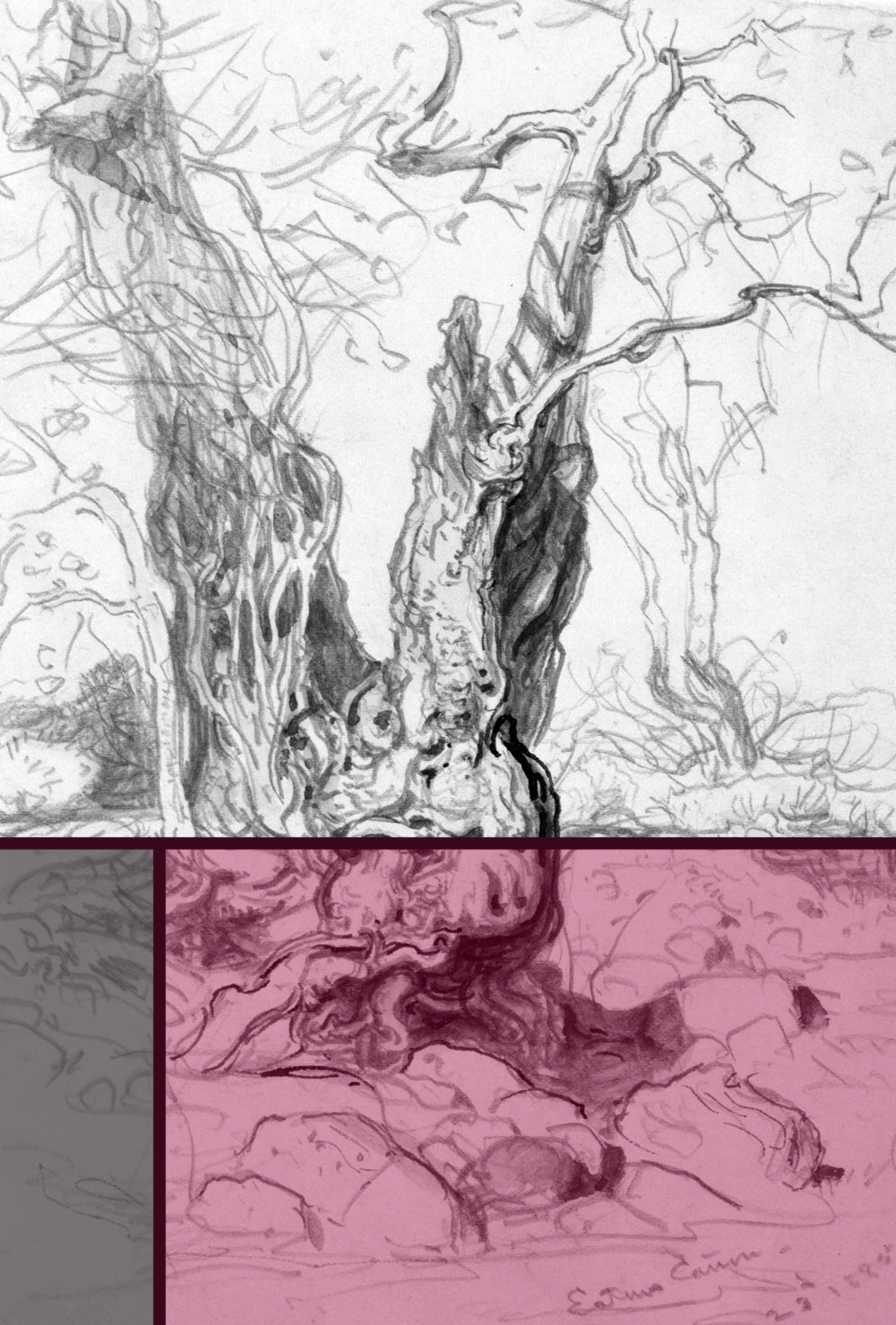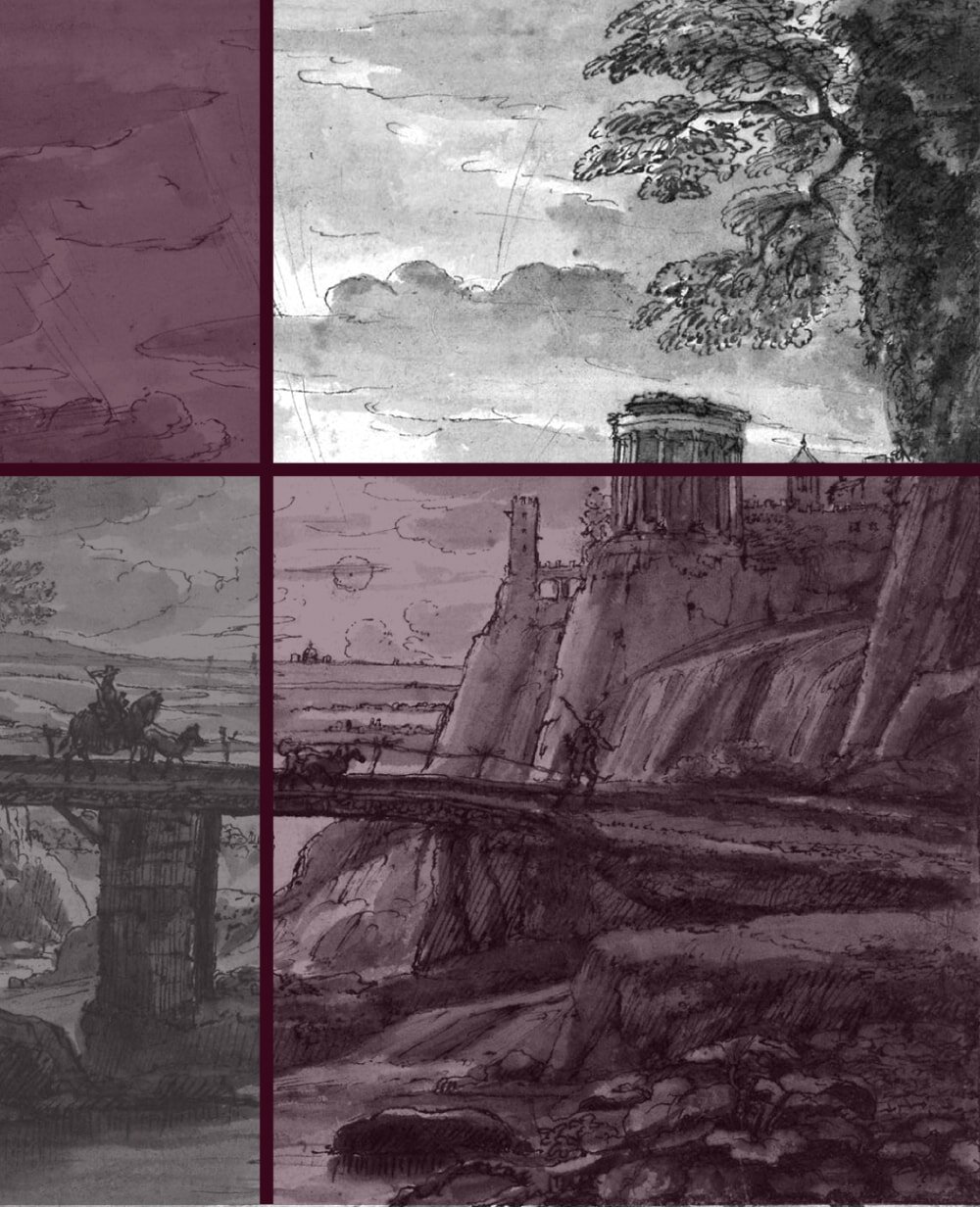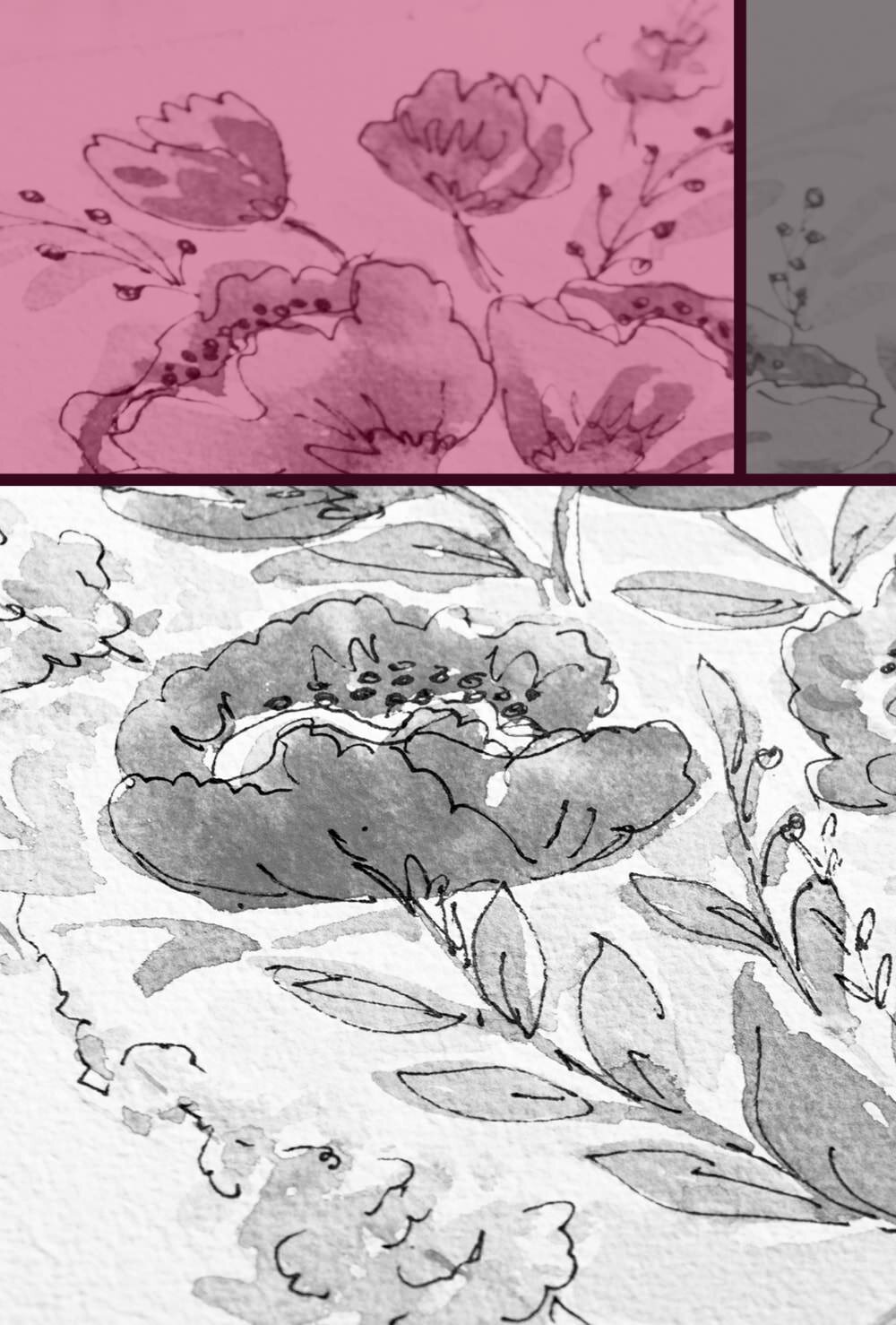Drawing: How long does it really take to get Good at it?
Starting a new, creative hobby can be daunting. You might wonder if it's even worth trying to learn drawing if you only have a little spare time or you’re not in your twenties anymore.
Of course it is.
It probably takes less time and effort to become good at it than you might think. But it does take some.
Define "good"
As I've mentioned in my article What does it mean to be good at Drawing?, it's not easy to define an ambiguous adjective like ‘good’. You always need to see it in relation, just like with adjectives such as ’tall’ or ‘rich’. A daisy is tall compared to an ant, but small compared to a tree.
The kind of art we appreciate and admire also depends on the times, the culture and of course the individual.
During Vincent van Gogh’s lifetime the critics did not care for him, today he’s one of the most beloved painters of all time.
Van Gogh wasn’t exactly popular with the critics in his lifetime, whereas today most people consider him one of the finest painters of all time. That's because it's incredibly difficult to evaluate a piece of art without being biased by one’s own tastes.
Even if you try to create a tick-box list of criteria you'll find that for every point on that list there is a skilled and successful artist out there that won't adhere to it.
Not every great artist uses accurate shading or perfect perspective. And how would you evaluate abstract art with that list?
It's incredibly difficult to define ‘good’ art without being biased by one’s own tastes.
Because of that there is no universal definition for the quality of an artwork and there never will be.
But that doesn't matter. For the purpose of the main question in this article - how long it will take to become good at drawing - everyone needs to define it for themselves anyway.
You want to work out how long it might take you to achieve your artistic goals, don't you? What's good drawing for you?
What skills do you need to develop to be good at drawing?
As we've seen, there is no universal ideal of Drawing techniques, so everyone's list of learning outcomes will be different.
That said, the most basic points to tackle for most beginners are usually things like perspective, composition, shading, linework and the studying and copying of other artists (to learn about the aforementioned points).
The choice of subjects depends again on each individual's taste. Some artists in training might work their way through various areas, such as Still Life, Landscapes, Architecture and Portraits. Others might concentrate on one particular subject and perfect it instead.
Lists might not work to evaluate the quality of artwork, but they can come in super handy when setting your own artistic goals.
Neither is better than the other, and both will take their time. Either way it’s incredibly helpful if you create your own little checklist of topics to cover, so you always know what you've already achieved and where to go next.
You can also have a look at my Sketching Project, a long-term practice program created to help you develop your sketching skills. It follows a simple schedule of weekly drawing prompts and topic-related articles, covering all the basics from composition to perspective, from landscapes to architecture in a logical and manageable order.
You can find some excellent online courses and books to try on my Recommended Resources page.
The talent aspect
Will a natural talent help you improve at drawing faster? What if you don't have any, will you be able to become good at it at all?
Talent is actually a very disputed topic, which I've covered at length in my post Are there Things we cannot Learn?
There is no such thing as a talent for drawing, but it is possible that someone has a knack for the smaller sub-topics related to drawing. A person with advanced spatial awareness might grasp perspective easier, and someone with a steady hand might produce neat linework faster.
But since no one is born with the entire list of natural advantages there will equally be some areas that develop slower, so things always balance each other out.
It's best to entirely disregard talent as a factor and concentrate on finding a learning schedule best suited to your personality and disposition instead.
Other factors influencing learning speed
There are a few other things that can hinder or advance the speed in which you will improve at drawing.
One major point in learning any skill at all is motivation. The more determined you are the more likely you are to succeed, for sure.
Ask yourself why you want to become a good artist, then find some motivational hacks for such times where you might get frustrated and could do with a little reminder as to why all the hassle is worth it.
Taking the occasional art class to get tips from a professional tutor can make a huge difference to how quickly you improve.
Another factor is whether you are teaching yourself or you receive guidance from a professional. Having a drawing mentor, visiting an art class or joining an urban sketching group can make a massive difference.
Money, alas, also plays a part in this. Courses are expensive, even buying the occasional tutorial book can stretch your budget if money is tight.
It is definitely possible to teach yourself drawing simply with the help of free blog posts and your own good eye, but it will probably take a little longer.
The 10,000 hour rule
Most of us who've heard of the 10,000 hour rule probably take it at face value, because the number is just about outrageously high enough to sound plausible.
In fact, it's simply an idea mentioned in the book Outliers by Malcolm Gladwell. There is actually no scientific evidence behind it. And in any case, different skills take different amounts of time to learn, for different people under different circumstances.
There is no universal timescale, not even a rough guideline. The 10,000 hour rule only became so well-known because we humans dislike uncertainty and guesswork so much and "it depends" is just not good enough an answer for us.
It's a marathon...
One of the most important factors to success in learning a new skill is to find the right learning schedule for your personality and disposition.
One very popular approach is to set aside parts of your day or week on a regular basis to pursue your new goal.
That might be a consistent drawing practice of 15 minutes per day or an hour twice a week, whatever suits your schedule.
The short intervals between sessions will keep you ‘in shape’ and the relatively short individual practice sessions will avoid you getting overwhelmed. It’s basically a medium amount of energy spent over a long period, just like running a marathon.
Running a marathon means spending a medium amount of energy over a long period. A good learning approach for many.
Naturally, the more time you can put aside per week to practice, the faster you'll reach your goal. But overall this is a slow but steady approach and will require a bit of perseverance.
My Sketching Project, for example, is laid out for this type of schedule.
With the Marathon-schedule you usually see improvement after a few weeks, but reaching difficult goals will definitely take time.
...or a sprint
Others might prefer to direct all their energy towards one topic for a short period of time, rather than a little bit on a regular basis.
Many people like to obsess over a project for a couple of weeks until they get bored with it and move on to another task, then circling back to the first at a later point.
It's basically an intensive short-term training, also called Ultralearning (from the book by Scott Young). You immerse yourself in the task at hand as full-time as you can manage with your other duties, to make as much progress as quickly as possible.
Sprinters use all their energy for a short amount of time, then need a rest. Another possible approach to learning a new skill.
If you don't mind a bit of hard work for short period but easily get side-tracked if something takes too long then the sprint-approach might work well for you.
The only thing to remember is that drawing is very similar to sports, in that it still needs regular upkeep in order not to regress over time.
Even when you're taking a break from your intensive learning-phase and don't bother much with the arts for a while I always recommend still putting in the minimum amount of regular exercise to stay in shape until your next sprint.
My 15-minutes-a-day Drawing Exercise Routine will give you just that.
...or a leisurely stroll on sunny days
Finally, there's also the option to draw a little during certain times of the year and hardly at all at other times.
In truth, not everyone has the time for either a regular hobby or to take a couple of days/weeks off for an intensive learning program. And not everyone might want to, either.
Drawing as a hobby can also be treated like a leisurely stroll in the park. Do a bit here and there when you feel like it.
If you prefer to draw a couple of sketches every now and then, such as on vacation, but not overdo it nor keep it up at other times of the year then that's also a perfectly valid approach.
Of course the ‘occasional artist’ will improve slower and long off-phases between drawing sessions might mean your skills regress a bit until the next time, but that might not matter to you.
For many people drawing is a diversion, a pleasant hobby, not a profession or a life goal. There is truly not always the need to try to excel at it as fast as possible.
So how long will it actually take?
In the end how long it will take you to become good at drawing depends on all of the variables listed in this article, and more.
If you use the sprint-approach you might be able to make huge strides within weeks. If you prefer marathons it might take you months or years.
My recommendation is this: instead of setting your goal to be ‘good at drawing’ split this huge task into smaller, easier-to-achieve sub-topics.
This list could contain points such as one-point perspective, colour-theory, rough urban sketching with pen and ink. This way you'll see progress much easier and know you're working towards small, achievable tasks, not the huge undertaking of learning to draw in general.
You’re more likely to see progress if you split the huge task of ‘learning to draw’ into smaller sub-topics.
But most importantly you should always remind yourself that in the arts it's not about the outcome, but the process of getting there.
Making art is about enjoying the ‘creating’, it's about observing, relaxing, learning, playing around with pretty colours. It doesn't matter how good you are or how fast you improve.
A finished drawing is too often either sold or forgotten while you work on your next sketch, because that's what you really like, isn't it?
Did you enjoy this article or feel like you have anything else to add? Feel free to leave me a comment below!
If you like this post, please share it, so others may like it too!
